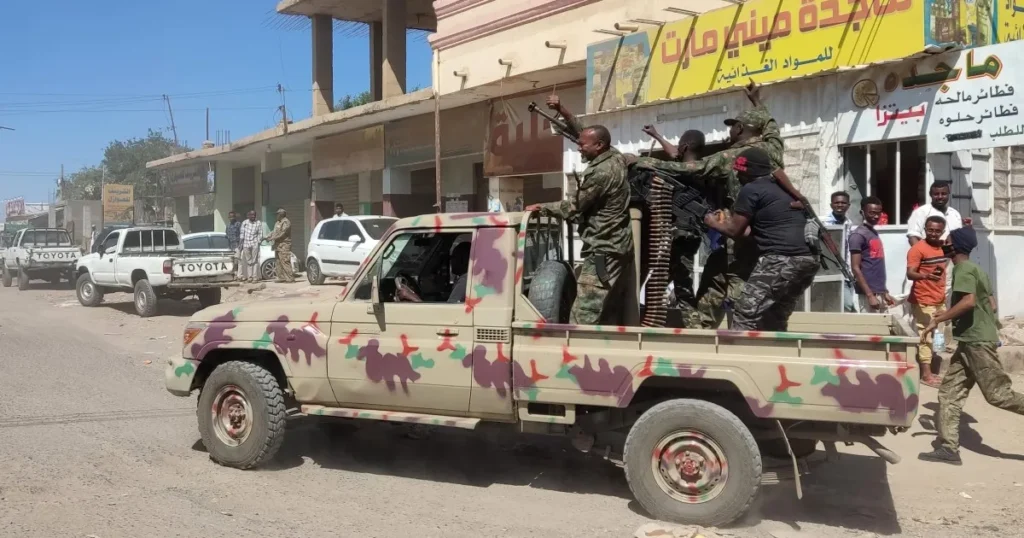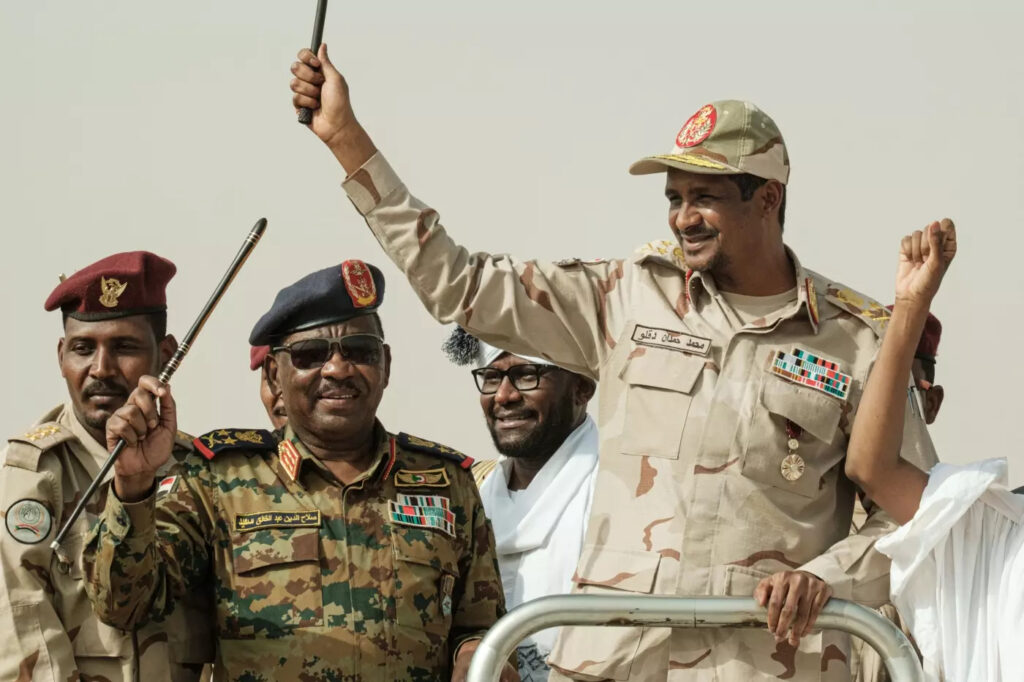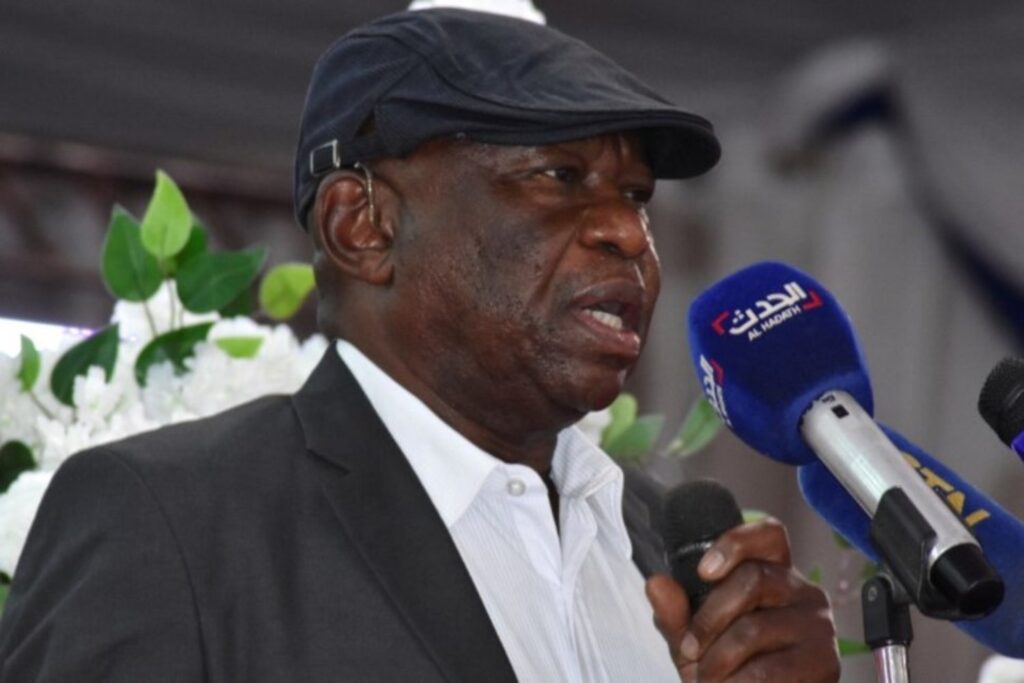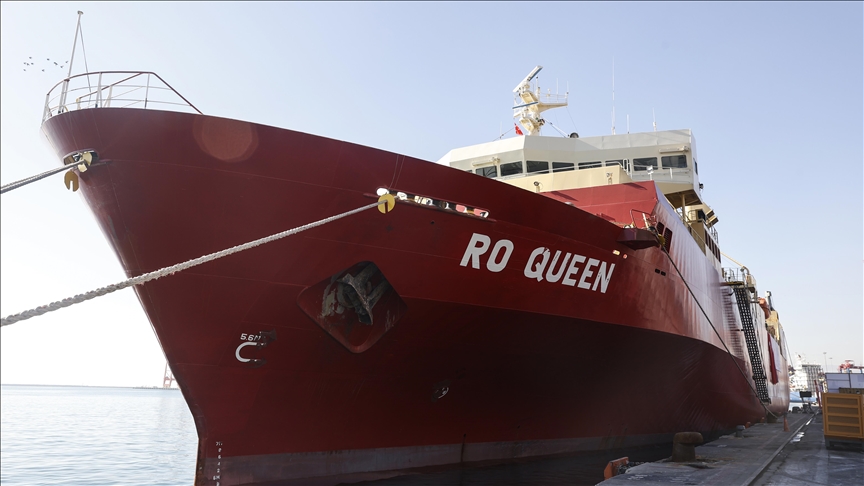
In January, General Abdel Fattah al Burhan-backed government in Sudan introduced a new 1,000-pound banknote, plunging the nation into financial chaos and deepening public anxiety.
Citizens in Port Sudan, the wartime capital, rushed to deposit old notes at banks that struggled with inefficiencies and cash shortages.
“The timeline was unrealistic,” said Dr. Mohamed Osman from the Bank of Sudan. “Banks were overwhelmed, leading to economic paralysis.”
Long queues snaked outside bank branches as people waited for days, only to be told that new currency was unavailable. With grocers, drivers, and shops rejecting old notes, daily life became a struggle as citizens lacked valid cash to purchase essentials.
To contain the fallout, banks shifted rapidly to digital platforms, pushing Sudan—amid war—toward online banking almost overnight. Osman explained the move was part of Burhan’s strategy to recapture hoarded money and stabilise the collapsing economy.
However, many believe the true aim was political—to undermine the Rapid Support Forces by devaluing money in RSF-held areas.
The currency overhaul also aimed to trace stolen funds from looted banks in Khartoum and Al Jazirah, tightening the SAF’s grip on cash flows.
Meanwhile, inflation has spiralled out of control, with the pound plunging from 500 to 3,000 per US dollar since April 2023.
“The revolution began when bread prices doubled. Now, one loaf costs 150 pounds,” said engineer Almuthanna Abdulgabbar in Port Sudan. With cash scarce, SAF-controlled regions now rely heavily on apps like Bankak, Fawry, and Ocash for transactions.
These apps, initially unstable, caused new frustrations as users queued again—this time, to activate their digital wallets. “Technical problems stem from bank systems, not app design,” said Ocash developer Muhannad Hassan.
A new cash-for-digital trade has emerged, with hefty fees—“plain usury,” Abdulgabbar calls it—raising ethical and religious concerns. For many, Sudan’s financial shift is less about modernisation and more about power—benefiting the army while civilians bear the cost.




